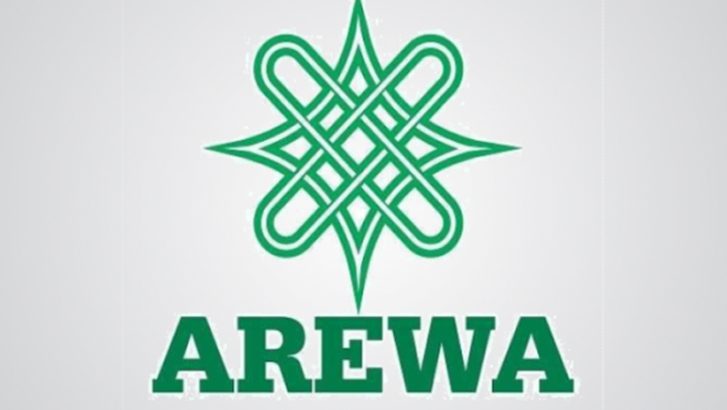North yet to recover from 1966 military coup – ACF
The Arewa Consultative Forum (ACF) has said the region is yet to recover from the death of its fallen heroes including those who paid the supreme price in the January 15, 1966 military coup. The ACF, in a statement issued by its National Publicity Secretary, Professor Tukur Muhammad-Baba, however, condemned attempts to re-write history, stressing […]

The Arewa Consultative Forum (ACF) has said the region is yet to recover from the death of its fallen heroes including those who paid the supreme price in the January 15, 1966 military coup.
The ACF, in a statement issued by its National Publicity Secretary, Professor Tukur Muhammad-Baba, however, condemned attempts to re-write history, stressing that the North is yet to recover from the war.
Speaking on the coup, ACF said, “January 15th, 2024 marks the 58th anniversary of a very dark day in the political history of Nigeria. It is beyond a Remembrance Day for members of the armed forces who paid the supreme price in defence of the nation, as it was on 15th January 1966, that the first ever military coup took place in Nigeria, signalled by the cold-blooded assassination of 21 people.
“In itself, the event had set Nigeria on a sad trajectory in its political development from which it is yet to recover. The coup was plotted and executed by Majors Chukwuma Kaduna Nzeogwu, Emmanuel Ifeajuna, Chris Anuforo, Don Okafor and Ademola Ademoyega.
“Prominent political and military personalities murdered included Sir Abubakar Tafawa Balewa, Nigeria’s Prime Minister; Alhaji Ahmadu Bello, Sardaunan Sokoto and Premier of the Northern Region; Hajiya Hafsat Ahmadu Bello; Ahmed Pategi, Brig. General Zakariya Maimalari, Col. Kur Mohammed, Lt. Col. Yakubu James Pam and Lt. Col. Abogo Largema; Police Corporal Hagai Lai, Corporal Yohanna Garkawa, and Lance Corporal Musa Nimzo.
“Other Nigerians also assassinated included Samuel. L. Akintola, Premier of Western Nigeria; Chief Festus Okotie-Eboh, Brigadier-General and (pregnant) Mrs. Samuel Ademulegu and Col. Ralph Shodeinde.”
He said, for ACF, 15th January 1966 remains most poignantly significant because Northern Nigeria lost its most illustrious sons to the guns of the coup plotters, ending their brilliant political and military careers in the service of the nation.
Arguably, he said, the 1966 coup sign-posted the death of Nigeria’s nascent democracy which event still reverberates most negatively in the national political history.
He added that repeated attempts by a section of the country, especially dating back to the Oputa Panel of 2001 but now increasingly through the ungoverned social media, to re-write the facts of the coup and its sour significance will not be tolerated, adding that “Arewa will never forget and the nation should not, not then and no amount of historical revisionism will erase the rabid ethnicism clear in the planning and execution of the coup.
“The attempt to whitewash the political mess, as indeed being attempted by otherwise highly educated people, will not erase the dark and indelible ink in which the history of the event is written.
“ACF decries, rejects and condemns any such historical revisionism, or attempts to shatter the unity of Arewa. The strategy is puerile at best and provocative at worst. January 15th, 1966 remains a day of infamy in our national history. The essence of marking the date as we do is not to ever forget its dire consequences and that we must guard against similar actions in the future.”
ACF then called on all people of the North in particular, and the nation at large, to not forget January 1966 by annually observing January 15th as a Day of National Mourning for Democracy, to be used for reflections and prayers for a never again event.
ACF also strongly supports the recent return of the subject of history right from basic to tertiary educational institutions, as this should ensure that future generations of Nigerians are reminded about the consequences and lessons from events such as what happened on 15th January 1966.
